Chief UN human rights activist welcomes improvements in field of human rights in Uzbekistan
Over the past six years, reforms have taken place in Uzbekistan that have improved the human rights situation. They ended forced labor in the cotton fields, granted citizenship to 76,000 people who did not have it, and repatriated more than 500 women and children from camps in Syria.
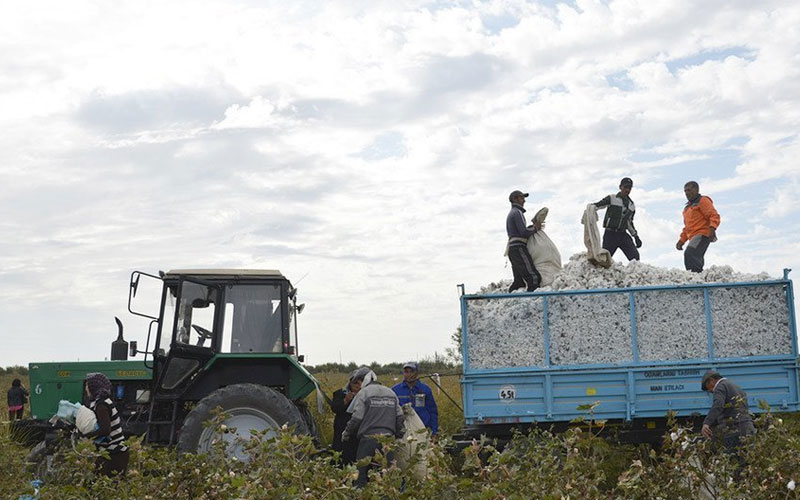
Photo: UN / D. Chirkova
This was stated by UN High Commissioner for Human Rights Volker Türk, speaking in Tashkent at the end of a three-day visit to Uzbekistan.
He recalled that Uzbekistan is a member of the UN Human Rights Council and cooperates with the UN Human Rights Office on a number of issues, including those related to the ratification of the Convention on the Rights of Persons with Disabilities.
During the visit, Türk met with President of Uzbekistan Shavkat Mirziyoyev, other government officials and human rights activists.
“A lot of work has been done in the country over the past six years, and I am deeply grateful to the President for his determination to put human rights at the forefront. But we must not forget that the promotion of human rights is a process that never ends,” the High Commissioner said.
Volker Türk said that government officials in conversations with him recognized the scale of the problems that the country has yet to overcome. They also talked about the difficulties they inherited from the previous government.
“Old habits take a long time to pass. But over time, awareness of the importance of human rights and actions to protect them are increasingly becoming part of the social fabric of society,” the chief UN human rights activist added.
As one of the problems that need to be addressed as soon as possible, Türk named gender inequality, which manifests itself in all spheres of life. In this context, he welcomed the determination of the country’s President and the head of the Senate to take steps to close the gap, as well as the government’s plans to criminalize gender-based violence in line with international human rights standards.
With regard to the issues of torture and ill-treatment of prisoners, the UN Human Rights Office calls for a complete cessation of such practices. In this regard, according to Türk, the assurances of the authorities about their intention to ratify the relevant mechanisms for the detection and prevention of torture sounded encouraging.
“I believe that this will happen soon, as you yourself know that actions are more important than words,” the UN representative said.
In addition, Volker Türk visited Nukus, where he visited the local museum and met with community leaders and elders. At the museum, the High Commissioner held a meeting with 600 students from all over Uzbekistan - some of them joined the conversation online. It was about the rights of people with disabilities, gender issues, environmental issues and climate change.
“Ecological problems are especially relevant for the people of Karakalpakstan, who are facing the harsh reality of environmental consequences. The drying up of the Aral Sea, which was once the world’s fourth largest lake, reminds us of a global threat,” Türk said.
The High Commissioner said that he had a “frank conversation” with the authorities of Uzbekistan and representatives of civil society about the events of July 2022 in Nukus.
Türk assured Uzbekistan that the administration entrusted to him is ready to support all efforts of the country to strengthen the social contract based on inclusiveness and respect for human rights. He called on the country to turn to the Universal Declaration of Human Rights (UDHR), a document that turns 75 this year, on the path to reform.
Related News
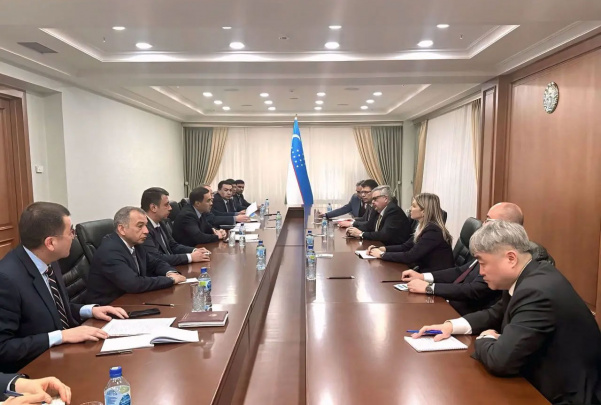
20:36 / 27.01.2026
Uzbekistan demands Russia protect rights of its citizens working in RF
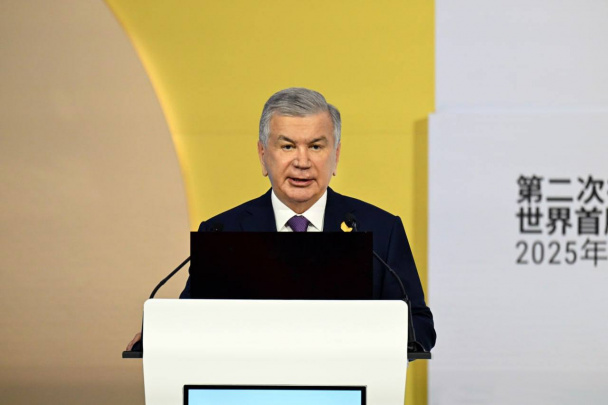
21:13 / 04.11.2025
President Mirziyoyev calls for stronger global cooperation to reduce poverty and inequality
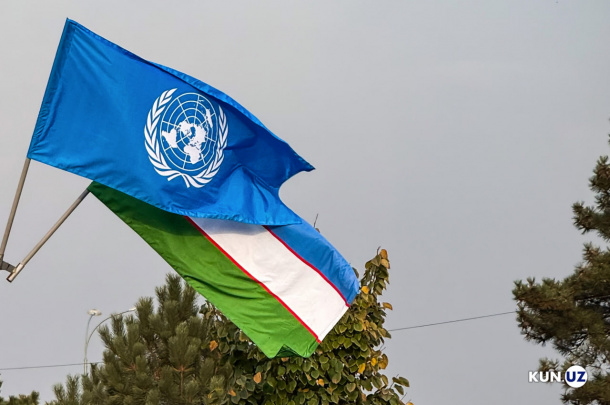
13:11 / 03.11.2025
UN warns UNESCO and Uzbekistan over unlawful evictions in Samarkand’s heritage zone
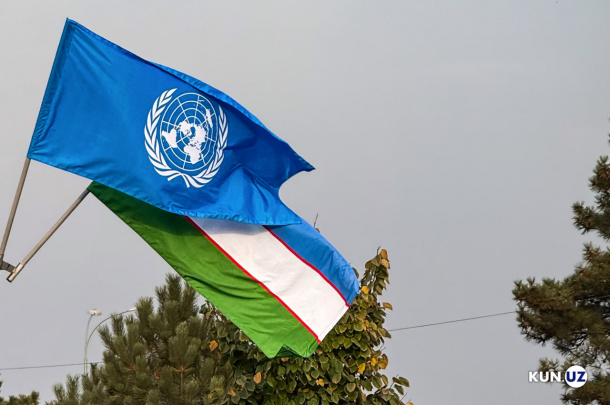
15:53 / 25.10.2025



